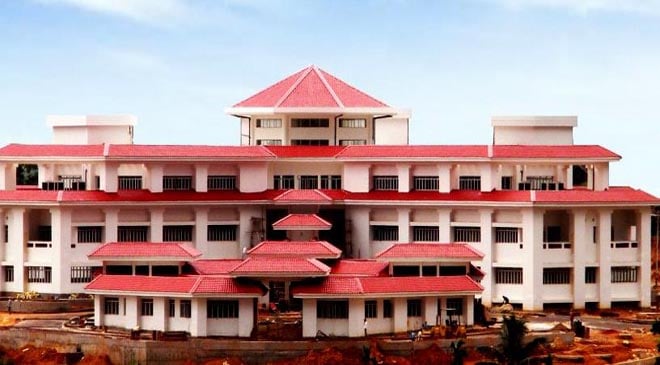The Tripura High Court on Thursday has held that one who participates in a selection process without any demurrer, is later on estopped from challenging the validity of such selection process.
The petitioner has challenged the selection process to the post of Senior Research Officer under the directorate of Tribal Welfare Department, Government of Tripura which was conducted pursuant to an advertisement dated 6th December, 2014 on the ground that high marks were allotted to the oral interviews, thereby leaving unguided powers to the recruiting agency. The petitioner would point out that he had secured higher marks in the written examination than the selected candidate who was given excessive marks in the oral interviews to push his grand total beyond that of the petitioner and other candidates in the fray.
The petitioner has challenged the said selection process and the appointment of the respondent No.4 primarily on the ground that the allotment of 100 marks for viva-voce out of a total of 200 was excessive.
Counsel appearing for the Tripura Public Service Commission said that out of the 100 marks to be awarded during the viva-voce, 40 marks were for educational qualifications and which was non-discretionary. With respect to remaining 60 marks the interview panel had any discretion. Thus, only 60 out of 200 marks were allotted for the oral interview performance which comes to barely 30% of the oral tally of marks and which cannot be stated to be excessive. He also said that the petitioner who had participated in the selection process cannot challenge the validity thereof.
Acting upon the plea, the single judge bench of Chief Justice Akil Kureshi, observed that out of 100 marks to be allotted during oral interview, 40 marks were for educational qualifications and experience and which was substantially non-discretionary. Only 60 marks had a discretionary element. Thus, out of a total of 200 marks only 60 marks were to be awarded for the performance of a candidate during the oral interview. The percentage of marks for oral interview would thus come down to 30% of the total. The same, in facts of the present case cannot be stated to be excessive.
The High Court also observed that one who participates in a selection process without any demurrer, is later on estopped from challenging the validity of such selection process. The petitioner has not made any allegation of mala fides against the members of the interview board. The marks allotted by independent experts, therefore, have to be accepted as they are. Quick calculations would reveal that even if the marks for performance in the oral interview is reduced from 60 to 30, the petitioner would not be able to breach the gap between himself and the respondent No.4 in the final tally of marks and would thus not merit selection ahead of the said respondent in any case.
The writ petition bereft of any merit was dismissed by the High Court.
-India Legal Bureau


